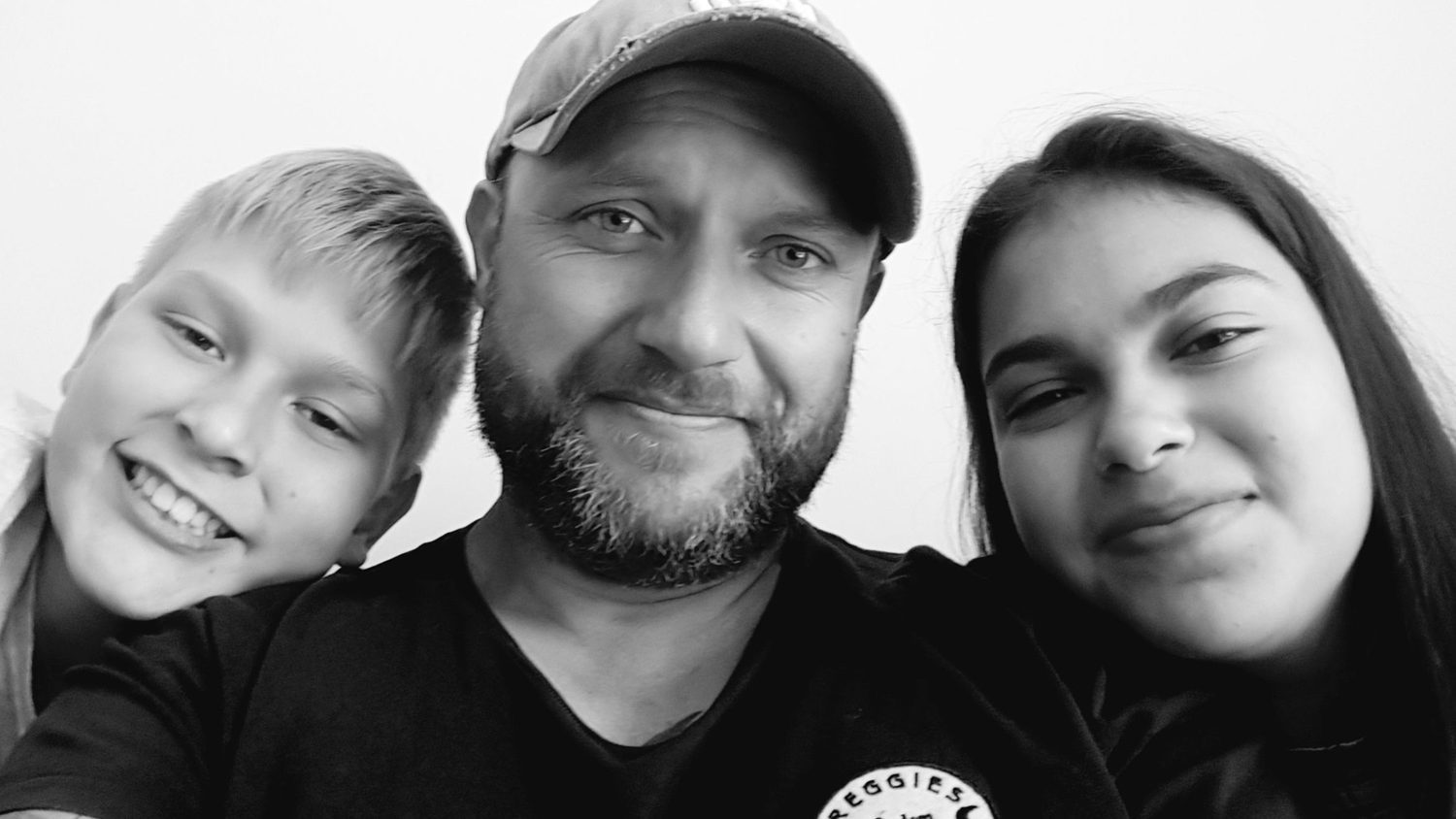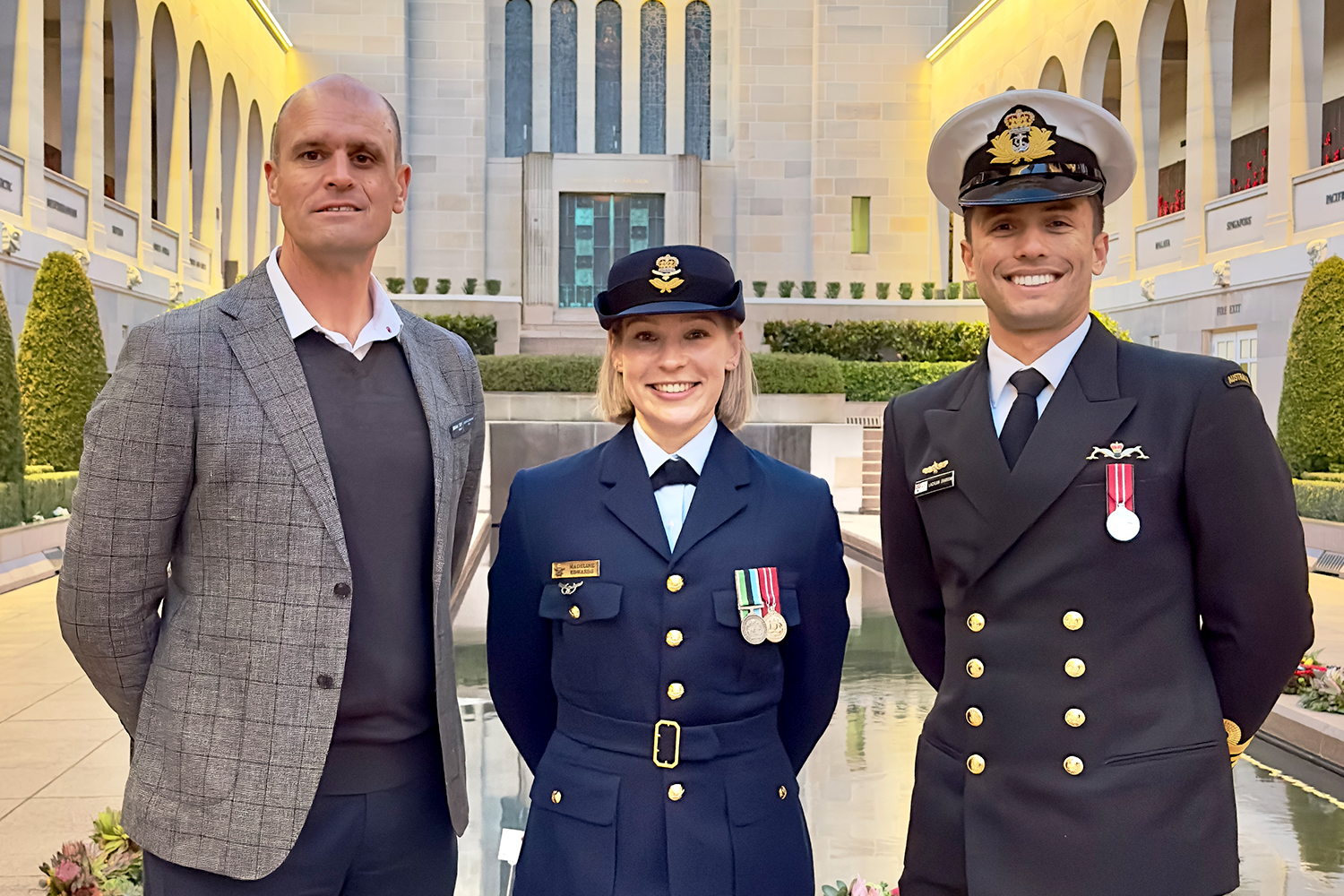Bravery Trust are honoured to hear stories of service and life’s highlights and challenges from the veterans we support. Nev is an Australian veteran and Bravery Trust beneficiary.
Nev, can you tell us about yourself and your career?
I enlisted in the Australian Defence Force when I was seventeen and completed two tours of duty with an infantry battalion. Both tours were to East Timor. The last tour of duty I was on, I was returned to Australia on repatriation grounds. I was a ten-year professional soldier and it was time to come home.
Why did you join the military?
As a teen, I was quite the ratbag. I was a son to a single mother and she caught wind of some of my exploits. She was upset with me one day and I wanted to know how I could make things better. She asked me if I had thought about joining the service. If she had told me to become an astronaut, I’d have done it! She raised me to be a good kid.
When I joined up, I was surprised to find I was good at it. When I was an athlete, I had to work hard to get anywhere, but this came naturally. I was a good shot, I was good at physical training, I would keep it together when things got heated, and I knew how to follow orders. I had a lot of self-worth, which was a big surprise. I tell my kids I was a bad soldier, but in reality, I was good, and I felt good about it.
Service also took me to lots of different countries and introduced me to soldiers from around the world. I felt I could pick up some of their experience through osmosis, so travel was another great aspect.
What were the circumstances of your leaving? Were you ready to go?
I was ready to leave when I did. Unfortunately, I was medically discharged from the army on psychological grounds. I was diagnosed with complex PTSD. The soldier in me begged to stay in the army, but my brain just wasn’t working well at the time. It was challenging.
How has life been since you’ve left the military?
When I first returned, I went to George Street where I had to sign the paperwork to leave. I arrived in full uniform and signed the papers. A team member there asked if I had a change of clothes. I didn’t. She said I couldn’t really be wearing a uniform for something that I wasn’t a member of. I felt very uncomfortable. It was a very real reminder of the finality of the moment.
Since then, life has been interesting. I left the military in around 2007 and finished a degree as a paramedic. Things went well. I was a consultant to several research companies and was providing medical care in places like Kazakhstan and Turkey.
Eventually I started to have disrupted sleep and couldn’t settle. It dawned on me that this wasn’t going away. I sought medical help but eventually became afraid to sleep. I couldn’t hold down a job. My responsibility was patients in need and I had to ask myself if I could continue providing care to others. The answer was no.
I then spent three months in hospital in 2016 and moved to Tasmania upon discharge.
What are some of the emotions ex-service people go through when leaving the military?
Grief, whether they want to admit it or not. We all tend to grieve over the loss of identity, camaraderie and knowing our place. Some people feel a sense of betrayal. I felt left behind. I blamed myself until I realised how much of it was experience based and a result of what happened while I was serving.
How did you first hear of Bravery Trust?
I was in a really low place. I was isolated, scared and didn’t give much thought to money. When I had nothing left in the kitchen, I looked online for someone to help and found Bravery Trust’s website.
What was it like when you first contacted Bravery Trust?
Reaching out to Bravery Trust, I didn’t want to take care away from another soldier who was doing it tougher than me. But it wasn’t like that. There was empathy and understanding. I felt connected and was introduced to a range of services in a friendly and professional manner. I was grateful. I received assistance from Bravery Trust in more ways than one.
How have Bravery Trust supported you?
Firstly, I needed to move from my mother’s place because my sleeping was so disrupted. Bravery Trust assisted me with bond and basic furnishings.
The second time, I was trying to connect with my kids in WA. I saved up as much money as I could but I was running short. Bravery Trust assisted in facilitating this reunion and it was wonderful. My kids and I now write once a week and are connected on social media.
The final time, my car engine exploded on the day I was going to hospital. I asked Tracy for help and Bravery Trust assisted in replacing the engine of my car. This was most surprising and appreciated.
What would have been the outcome if Bravery Trust had not supported you?
I would have been dependent on my extended family. I am fortunate now; I can save and make good headway. I would be in debt without this help and I would not be in contact with my kids.
Would you recommend other ex-service people who require support contact Bravery Trust? Why?
I have recommended two or three people who had similar struggles to Bravery Trust. My opinion is that ex-service people hold tight to their self-sufficiency. We’re designed to do our work and our neighbour’s work too. It creates a barrier to asking for help. That barrier has got to be broken down.
How would you describe the impact that Bravery Trust has had on your family as a whole?
Bravery Trust have been part of every positive outcome I’ve had in the last three years. I owe Tracy and her team much more than I could ever repay. I would love to be involved in putting Bravery Trust forward however I can.








